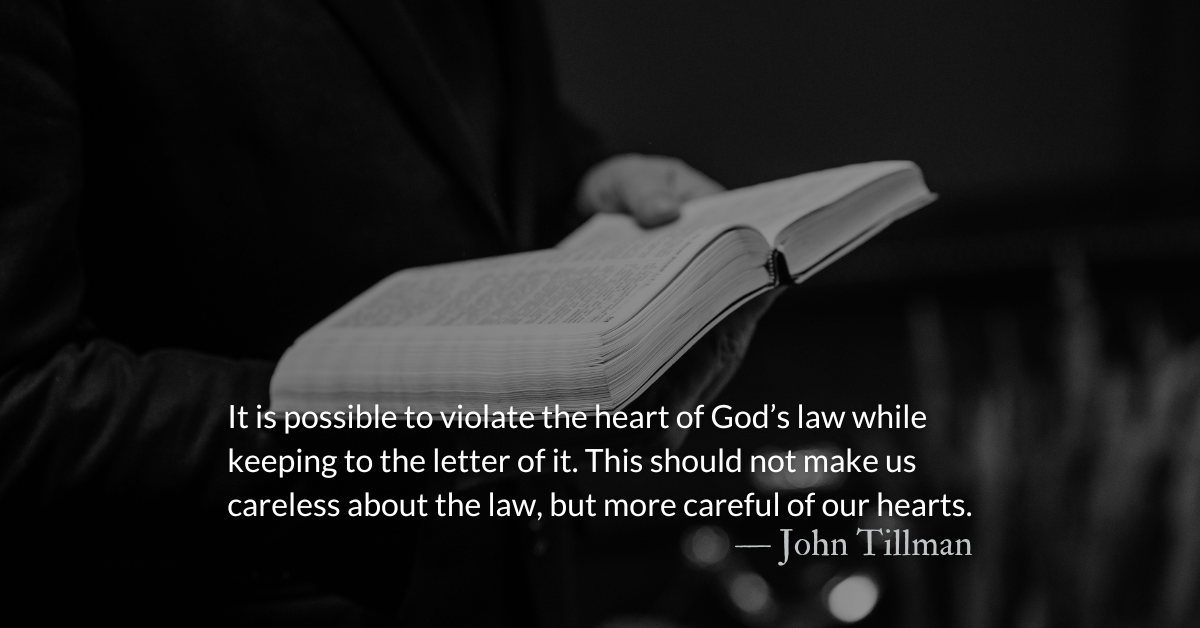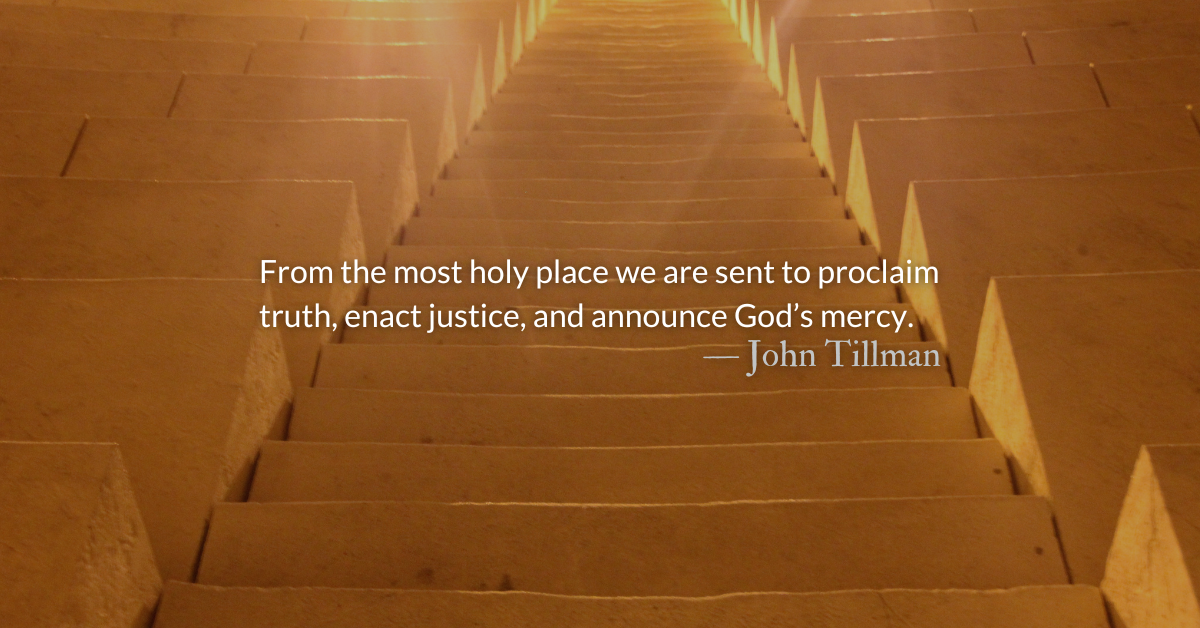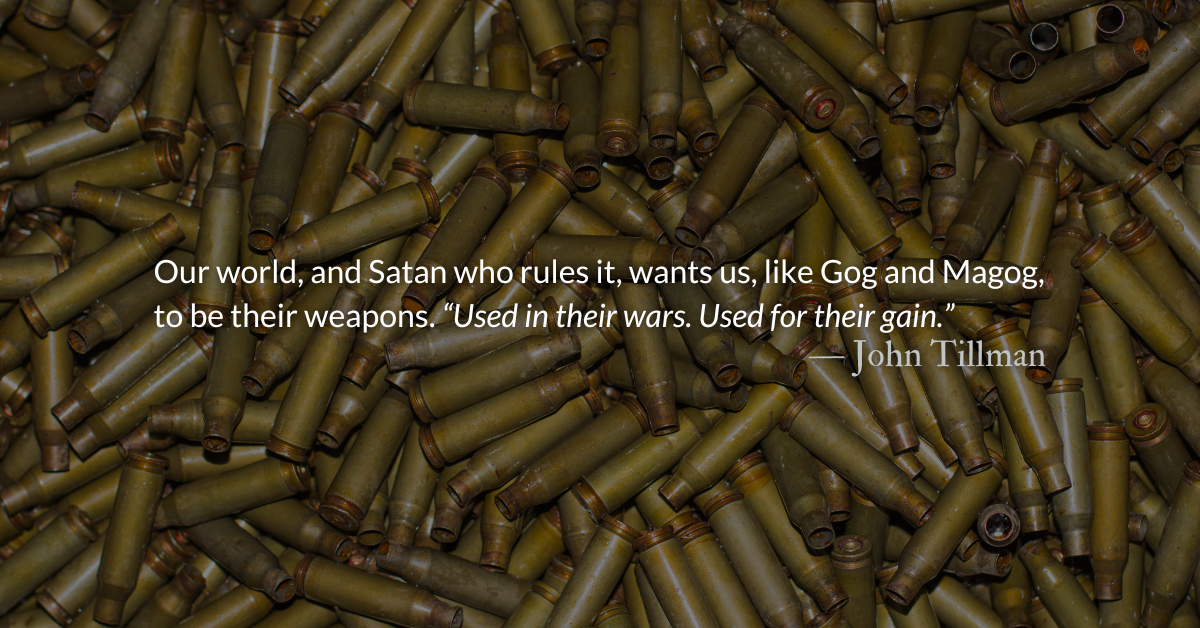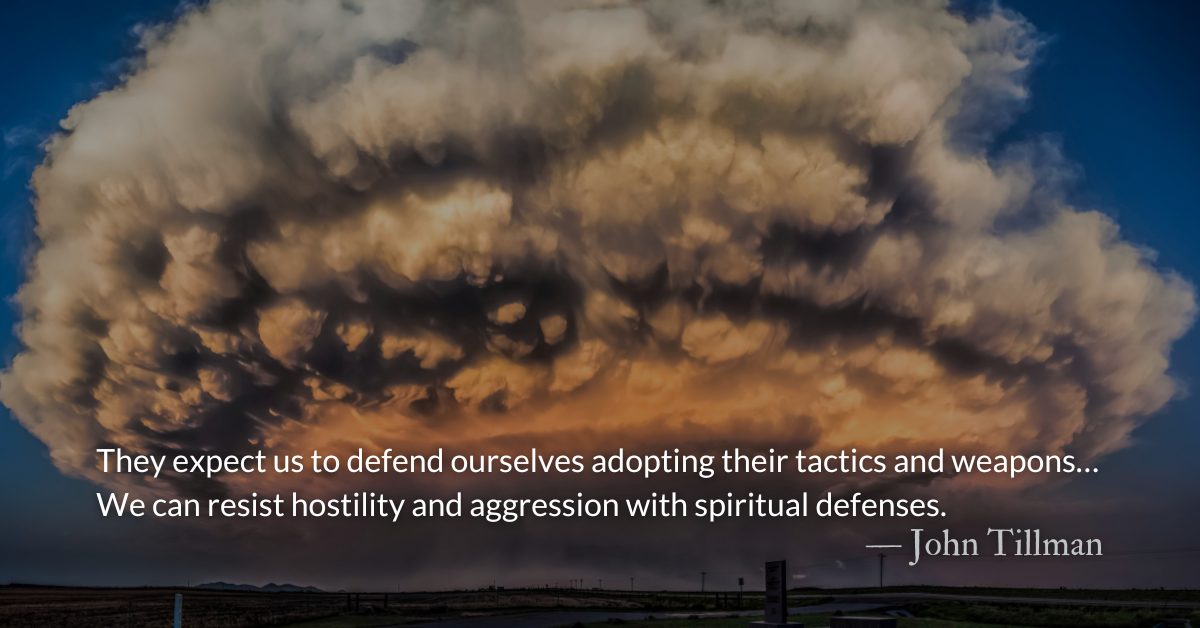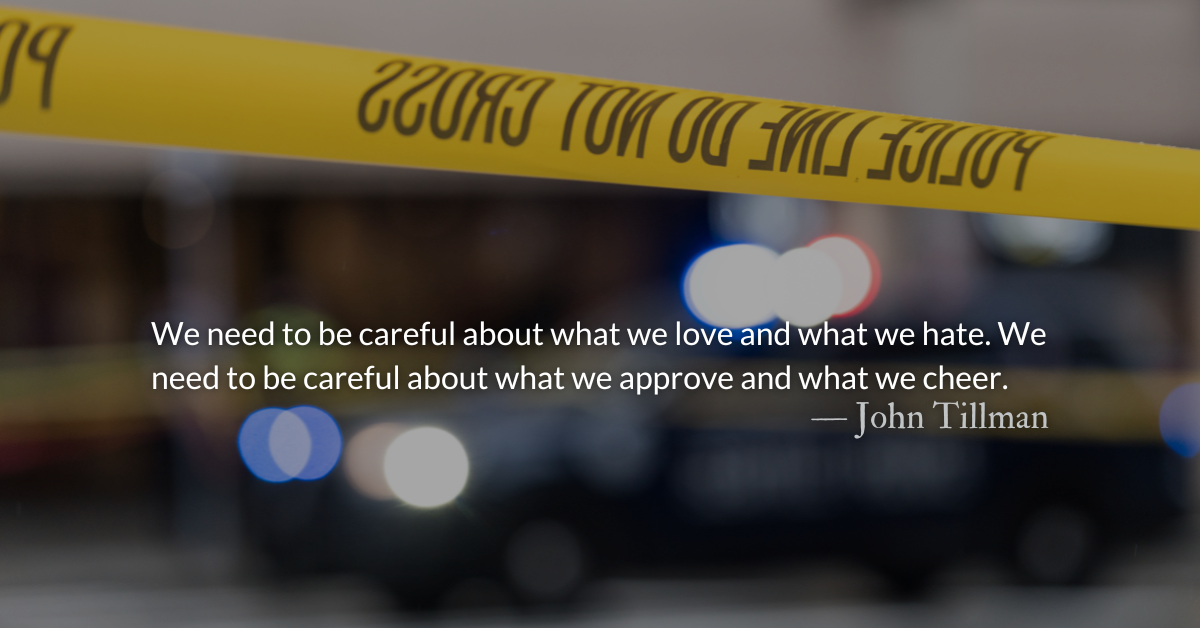Scripture Focus: Ezekiel 45.9
9 “ ‘This is what the Sovereign Lord says: You have gone far enough, princes of Israel! Give up your violence and oppression and do what is just and right. Stop dispossessing my people, declares the Sovereign Lord.
Mark 7.13
13 Thus you nullify the word of God by your tradition that you have handed down. And you do many things like that.
Reflection: Warning for Princes
By John Tillman
The regulations for the nation of Israel don’t line up with forms of government we know today. (And are not intended to recommend a form of government.) The agrarian economy meant that people’s most valuable resource was the land. Their connection to it, even in the city, was far more vital than ours today. The land was originally distributed not by who was the wealthiest but by tribe and family groups.
Ezekiel, after describing the new temple, describes the land that will belong to the people and “the prince.” This prince is strongly warned against violence and greed. He is to do what is just and right. He is not to “dispossess” the people.
There were already many regulations in the levitical law to prevent families from losing their land. However, warnings like this one (and many others in scripture) clue us in that people being dispossessed was a frequent problem. Many “princes” and other leaders became wealthy by seizing up the land of their kinsmen and keeping it.
When Jesus debated with religious leaders, he pointed out that they constantly found ways to negate God’s laws with their traditions. (Mark 7.10-13) For example, everything the religious leaders did to dispossess widows of their homes was “legal.” (Mark 12.38-43) Everything they did to profit off of the sale of animals in the temple was “legal.” (Matthew 21.12-14; Jeremiah 7.9-11) Jesus described what they did to widows as “devouring” and what they did in the temple as “robbery.” These legal acts, he described in violent terms.
Let us remember that it is possible to violate the heart of God’s law while keeping to the letter of it. This should not make us careless about the law, but more careful of our hearts. Ezekiel’s readers likely thought, “We’ll never make the mistakes our parents’ generation did.” Yet, generations later, Jesus chided them for doing exactly that. (Matthew 23.30-39)
These warnings for “princes” are not just for kings. The prophets commonly use “princes” to refer to any leader regardless of their royal lineage. We are these princes and we are just as vulnerable to corruption as they were.
As we guard our own hearts from greed, let us also warn others. There are those who dispossess the poor of what little wealth, dignity, and voice they have. In the name of Jesus, our prince, we can speak up against oppression and do what is just and right.
Divine Hours Prayer: The Call to Prayer
Love the Lord, all you who worship him; the Lord protects the faithful, but repays to the full those who act haughtily.
Be strong and let your heart take courage, all you who wait for the Lord. — Psalm 31.23-24
– From The Divine Hours: Prayers for Summertime by Phyllis Tickle.
Today’s Readings
Ezekiel 45 (Listen 4:50)
2 Peter 3 (Listen 3:21)
Read more about Leaders Against Oppression
May we grasp power fearfully and with humility, understanding that God’s first concern with power is that it must not be abused.
Read more about Ahab and David
God can break through and will have mercy whenever there is true repentance.

